David Ndii, President William Ruto’s chief economic adviser, and his wife, Mwende Gatabaki, are involved in a high-stakes healthcare deal as Kenya overhauls its public health system.
Through their consulting firm, Apeiro Ltd., Ndii and Gatabaki reportedly secured a leading role in implementing the Social Health Authority (SHA), which is part of the government’s plan to replace the National Health Insurance Fund (NHIF) with a new financing structure.
This SHA project, with an estimated budget of over Sh104 billion, aims to enhance universal health coverage by consolidating funds for various health needs, including primary care, critical illness, and emergency services.
The transition, however, has sparked public debate, especially given the firm’s close links to key players in Ruto’s administration.
Under the SHA framework, every Kenyan household will be required to contribute a percentage of their monthly income to the Social Health Insurance Fund (SHIF), with higher-income families facing a more significant financial obligation.
The SHA’s structure also includes the Emergency, Chronic, and Critical Illnesses Fund and the Primary Healthcare Fund, which together will require hundreds of billions annually.
This major shift moves away from the flat-rate NHIF contributions, effectively increasing payments for wealthier families.
Apeiro Ltd., in which Gatabaki holds a prominent position, is a leading member of the consortium overseeing the SHA’s technical and operational setup.
This consortium also includes Safaricom, which holds a 22.6% stake and is chaired by Adil Khawaja, a close ally of President Ruto.
The SHA contract’s lack of competitive bidding has drawn criticism, particularly from Members of Parliament who argue that politically connected elites may be gaining unfair advantages.
Apeiro Ltd., registered only recently, controls a 59.5% stake in the project, with international connections to the Abu Dhabi-based International Holding Company (IHC) and links to India’s Adani Group.
Adani’s involvement in Kenyan infrastructure, especially its bid to manage Nairobi’s Jomo Kenyatta International Airport (JKIA), has also led to public pushback, adding to concerns about foreign influence over crucial sectors like healthcare.
Further scrutiny has been drawn due to Ndii’s controversial public remarks on Kenyan governance and corruption.
He recently stated, “We will leave Kenya as corrupt as we found it,” which only intensified public and political skepticism surrounding the SHA deal.
Civil society groups argue that the SHA’s costs and reliance on high-profile business players could increase financial burdens on ordinary Kenyans without improving healthcare outcomes.
Despite these criticisms, the government insists the SHA model will ensure sustainable funding and improved healthcare for all citizens, citing the SHA’s design as essential for meeting Kenya’s long-term health goals.
As the SHA project moves forward, it underscores a larger debate about the public-private collaboration model within Kenya’s healthcare.
Supporters argue it could modernize health services, while critics worry it will only deepen inequality and entrench political influence in healthcare.






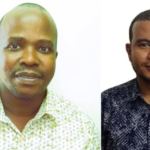



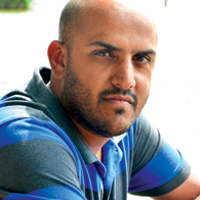


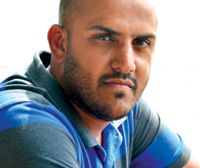

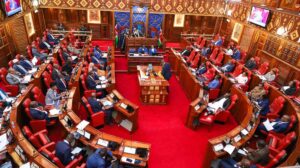
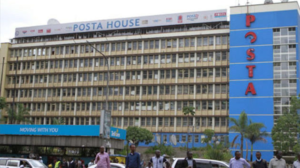

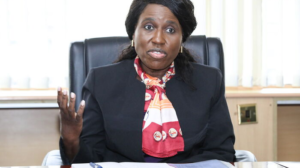


Add Comment